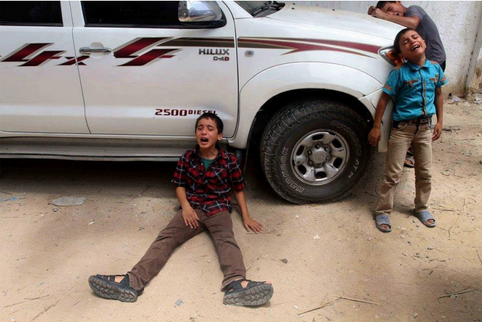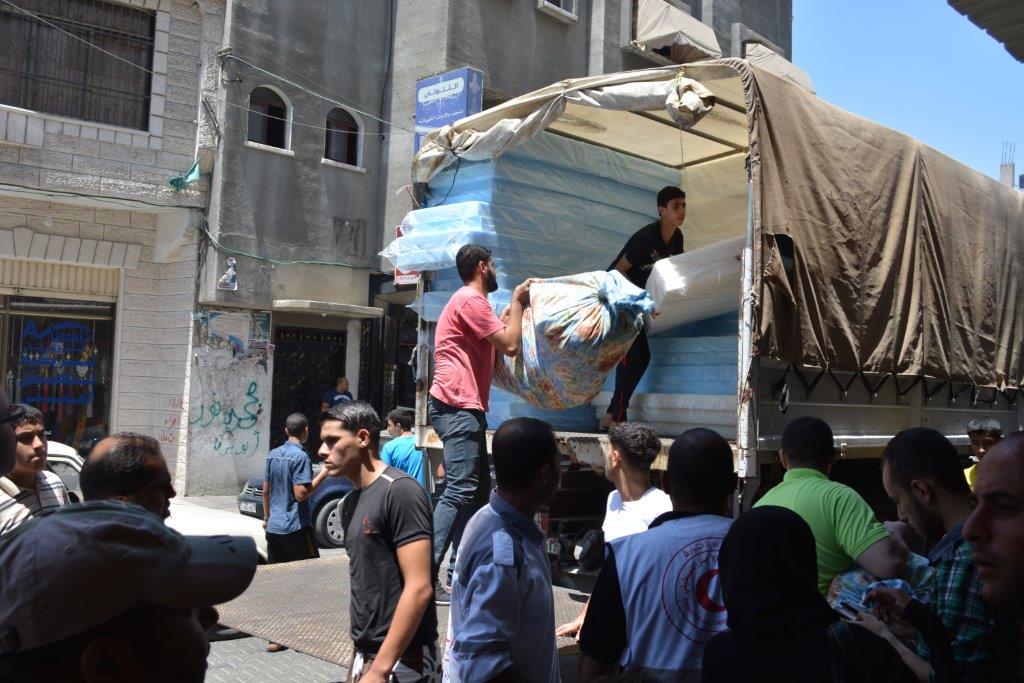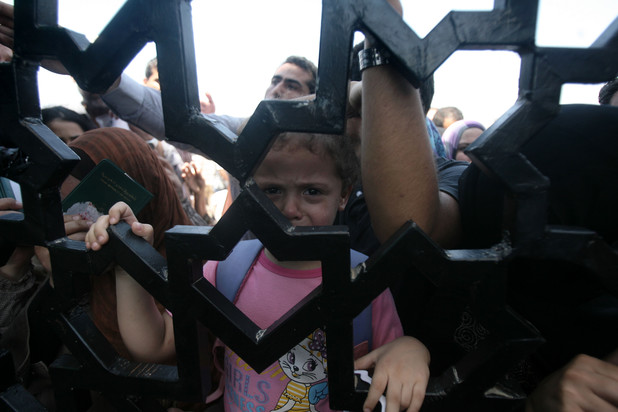Tag: Gaza
-
Short stories from Gaza
5th August 2014 | Sarah Algherbawi | Gaza, Occupied Palestine These are short stories from Gaza, a brief picture of our suffering. Reality is much more painful. The description under each photo consists of facts published on news agencies and social media. For each photo I also wrote a story. Some of the photographed people we have seen on TV, others I…
-
UPDATED: Urgent Action alert: Rescue team delivering urgent humanitarian aid to Rafah at risk
4th August 2014 | International Solidarity Movement | Gaza, Occupied Palestine UPDATED: Thanks to all the people who contacted their representatives and the foreign offices of the UK, Sweden, and the USA! The Palestinian human rights defenders, joined by international volunteers, safely delivered mattresses, food, and water to citizens in Rafah today. ******* Call your representatives and the foreign…
-
Urgent call to action: Tell Egypt to end Gaza siege, refuse complicity in Israeli genocide
2nd August 2014 | International Solidarity Movement | Occupied Palestine Urgent call to action In response to calls from our fellow human beings and comrades in Gaza who ask that we bring an end to the Egyptian government’s complicity in Israel’s genocide of…



